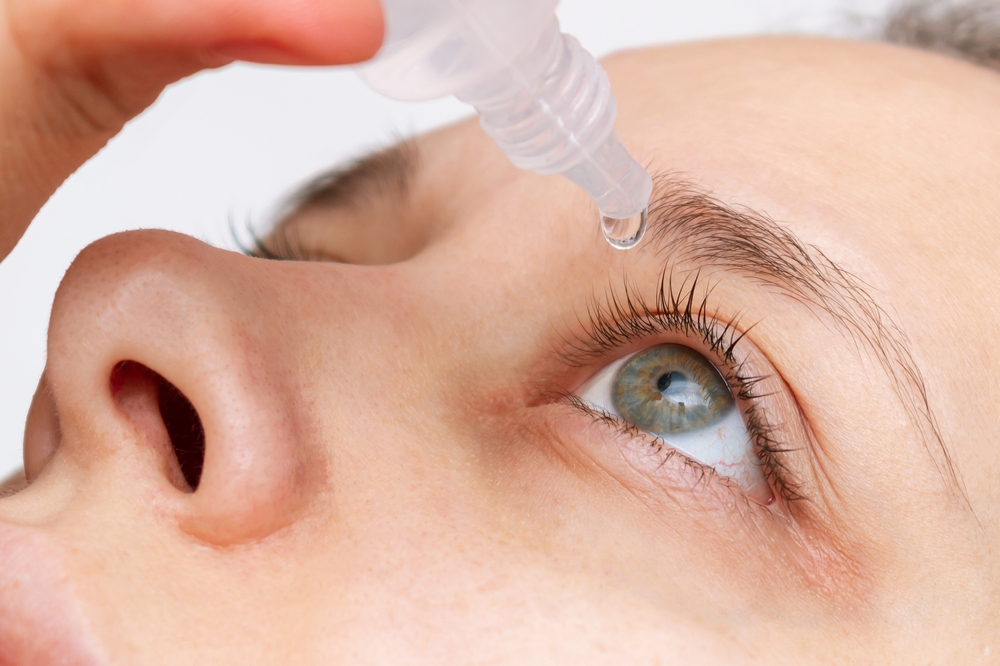
Dry eyes might not seem like a significant health issue, but this common condition can indicate other underlying health issues. More importantly, the link between dry eyes and overall health goes both ways - your overall health can influence the health of your eyes, and vice versa.
Understanding the Link Between Dry Eyes and Overall Health
Dry eyes can be a symptom of other health conditions, acting as an indicator of underlying issues that we might not be aware of. On the flip side, dry eyes can also lead to other health problems. Chronic dry eyes can cause light sensitivity, blurred vision, and even corneal damage in severe cases. These issues can significantly affect our quality of life, leading to headaches, difficulty concentrating, and even mental health issues like anxiety and depression.
What Causes Dry Eyes?
Dry eye syndrome is a condition where your eyes don't produce enough tears for adequate lubrication. Several factors can cause dry eyes, including age, certain medical conditions, medications, environmental conditions, prolonged screen time, and even the natural aging process.
In some cases, dry eyes can be a symptom of other systemic conditions like diabetes, rheumatoid arthritis, lupus, scleroderma, Sjogren's syndrome, thyroid disorders, and vitamin A deficiency.
How Does Your Overall Health Affect Your Eyes?
Many of us might not be aware of how our overall health affects our eyes. For instance, people with diabetes are at a higher risk of developing several eye conditions, including dry eyes. Similarly, autoimmune diseases like rheumatoid arthritis and lupus can cause dry eyes as part of their systemic effects.
Healthy Lifestyle for Healthy Eyes: Tips and Strategies
The link between dry eyes and overall health highlights the importance of a healthy lifestyle for healthy eyes. Here are some tips and strategies to keep your eyes healthy:
1. Stay Hydrated: Drinking plenty of water can prevent dry eyes by maintaining the body's fluid balance, which is essential for tear production.
2. Limit Screen Time: Extended screen time can cause digital eye strain, contributing to dry eyes. Take regular breaks and practice the 20-20-20 rule: every 20 minutes, look at something 20 feet away for 20 seconds.
3. Wear Sunglasses: Protect your eyes from harmful UV rays and wind, which can cause dryness.
4. Quit Smoking: Smoking is harmful to every part of your body, including your eyes. It can lead to dry eyes and other serious eye conditions.
5. Exercising Regularly: Regular exercise can help maintain good eye health. It improves blood circulation, which is crucial for optimum eye function. It also helps regulate blood sugar levels, thereby preventing conditions like diabetes - a significant risk factor for dry eyes.
6. Incorporate a Healthy Diet: A balanced diet plays a crucial role in maintaining healthy eyes. Certain foods are known to help prevent and manage dry eyes. Foods rich in omega-3 fatty acids, like fish, chia seeds, and flaxseeds, can help improve tear quality and reduce dry eye symptoms. Vitamin A found in carrots, sweet potatoes, and leafy greens is essential for eye health.
7. Improving Sleep Patterns: Getting an adequate amount of sleep every night can help refresh the tear film and prevent dry eyes. Good sleep hygiene can also improve overall health and well-being.
Importance of Regular Check-ups
Regular eye check-ups are crucial for maintaining eye health. They can help detect dry eyes early and prevent serious complications. Additionally, regular health check-ups are equally important for maintaining overall health. They can help identify potential health issues early and manage them effectively.
Integrating Eye Health into Your Overall Health Plan
The link between dry eyes and overall health is a reminder that our body is interconnected, and we cannot overlook any aspect of our health. A healthy lifestyle for healthy eyes is not just about maintaining good eye health. It's about improving our overall well-being.
To learn more on the link between dry eyes and your overall health, visit East Vancouver Eye in our Vancouver, Washington office. Call (360) 449-3937 to schedule an appointment today.







